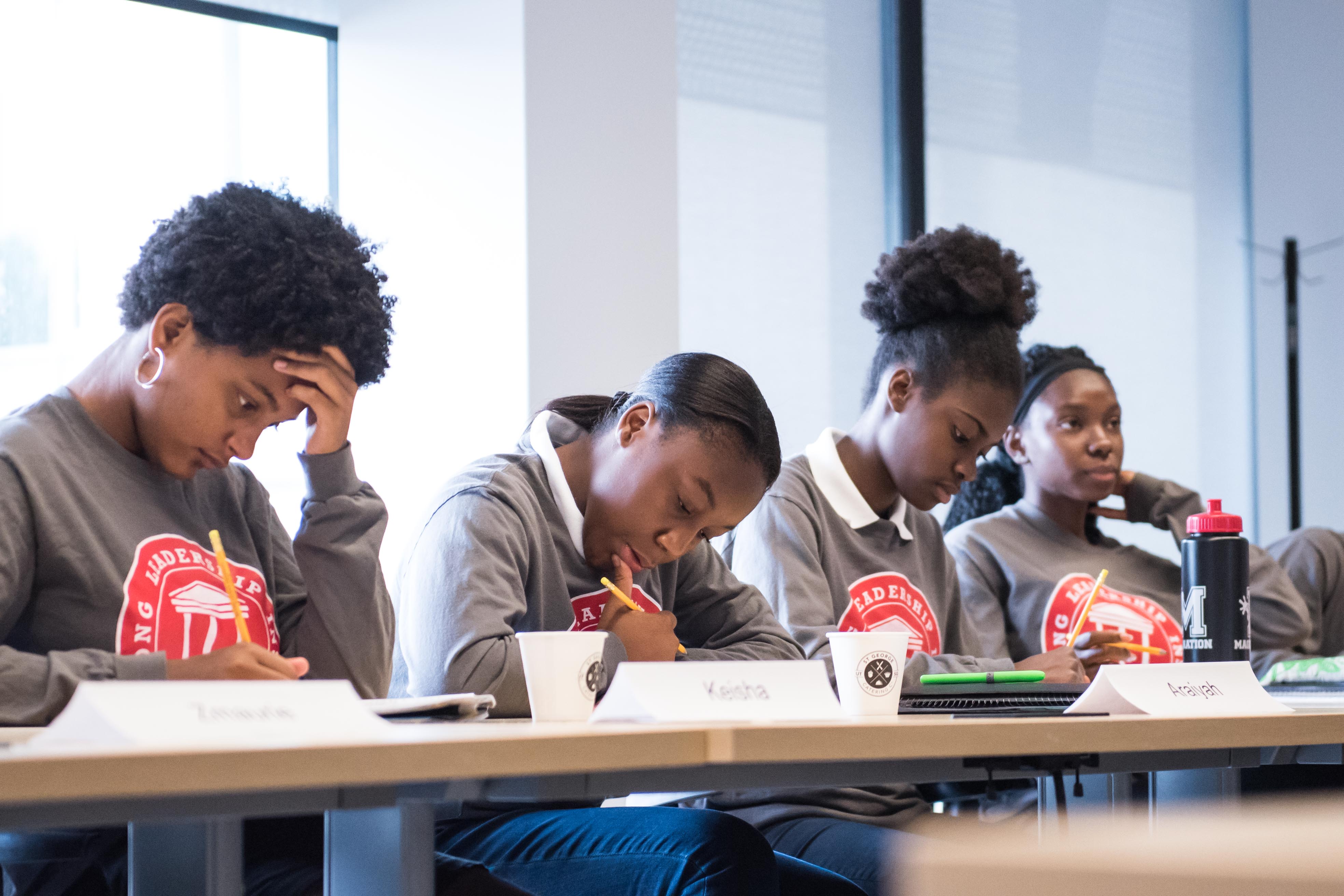“Communication skills, including writing, are prominently recognized markers of leaders and successful individuals across a wide variety of areas, from education to politics to finance to business to arts. Learning to write effectively helps students to think more clearly and encourages engaged citizenship.” - Dr. Boba Samuels
On a sunny summer Saturday, a group of high school students gathered at Goldring Centre, pens in hand and ready to write. They were members of the Leadership by Design program, part of the Lifelong Learning Institute, which works to develop leadership skills of African-Caribbean youth. As part of the program, the students were invited to attend a specialized writing workshop led by Dr. Boba Samuels, an Assistant Professor for the Teaching Stream at KPE and the Director of the Health Sciences Writing Centre, and her colleague Dr. Jordana Garbati of Wilfrid Laurier. “Jordana and I wanted to put on this workshop because we saw it as an opportunity to raise awareness in high school students for expectations about writing at university,” said Dr. Samuels. “Students are often intimidated by the demands of writing at higher levels, so we wanted to help students learn skills to address some problems we often see in first-year university writing.”
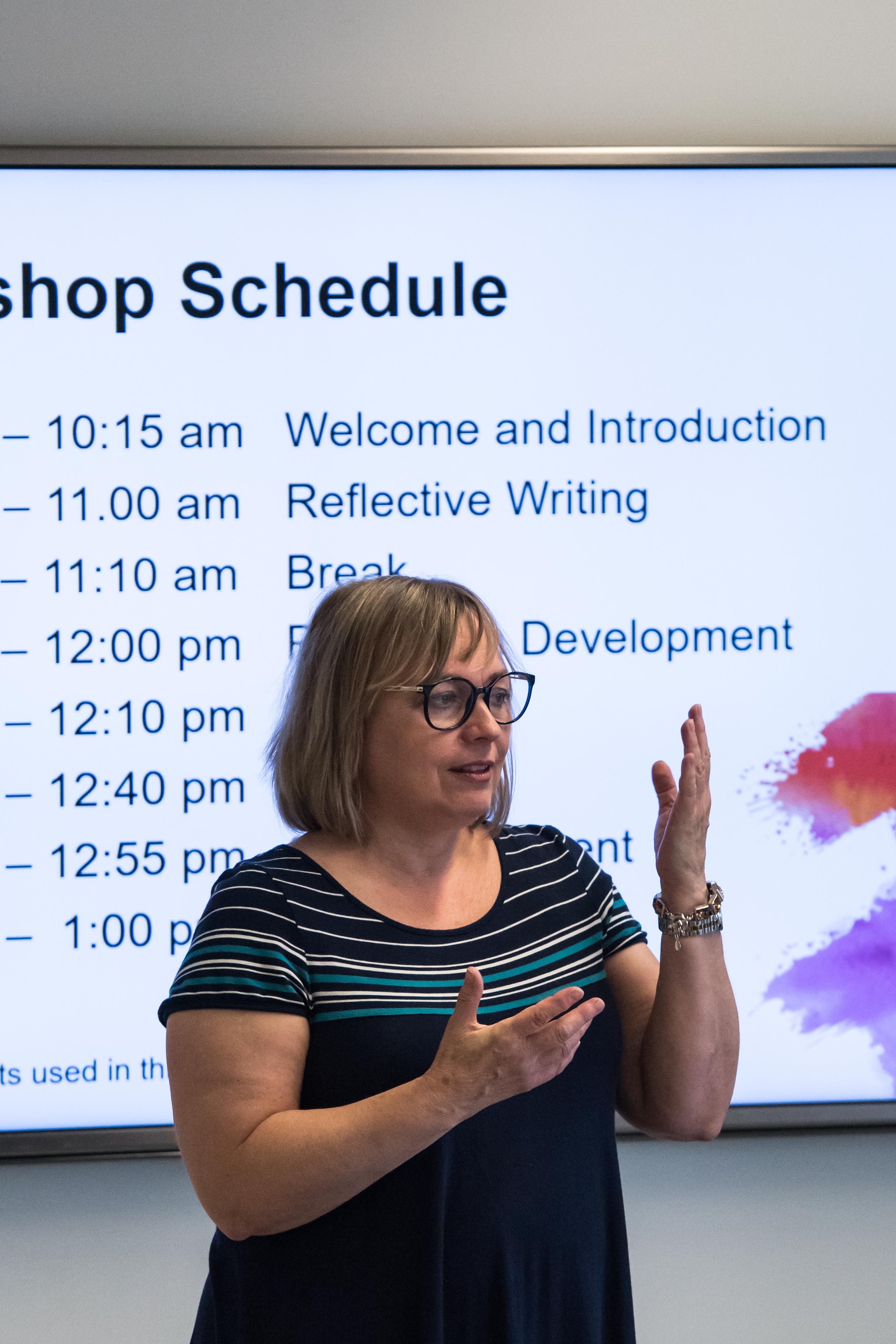
Students and their parents met in the morning to mingle and chat before getting down to business. What was top of mind? “There are always concerns about grammar,” said Dr. Samuels, “most students feel they do not know enough about grammar rules.” She went on to explain that despite these hesitations, the writing samples she received from the students were eloquent and full of passion. The errors they demonstrated were errors that Dr. Samuels has seen at all levels of university writing, right up to doctoral level. “We hope they learn that writing effectively means more than just writing correctly; it takes practice and effort,” she added.
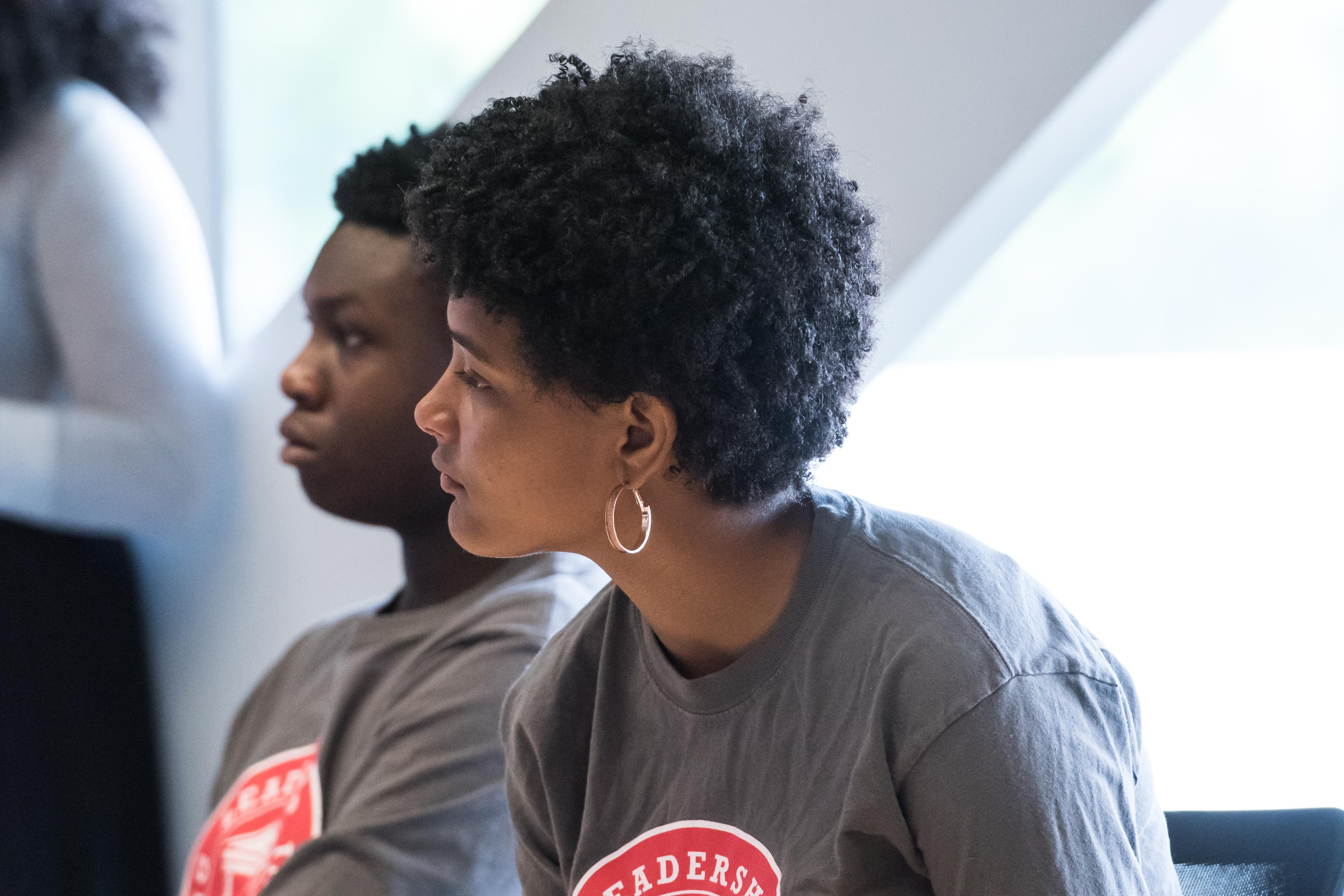
Andre, a student at Notre Dame Catholic High School, was looking forward to picking up some essay writing tips for the years ahead. “I learned some very useful information about paragraph structure,” he said. “I also enjoyed learning about different types of writing that I’ve never seen in high school.”
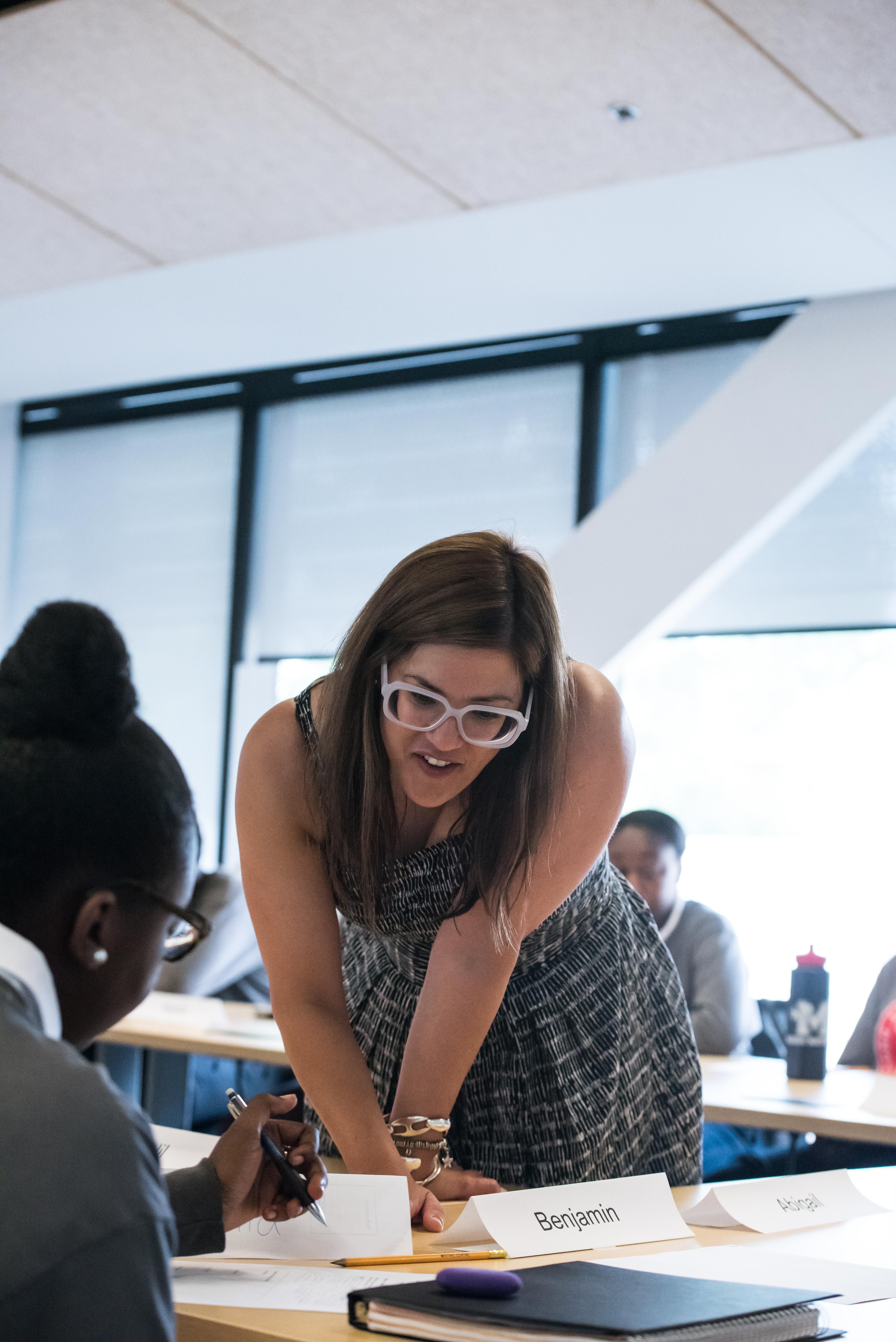
The students went on to participate in a reflective writing session, a paragraph development session and a grammar session. If they had questions, help was never far away. KPE doctoral student Kaleigh Ferdinand Pennock was also on hand to share her expert tips and tricks. Kaleigh is a Lead Writing TA in the KPE department’s WIT Program (Writing Instruction with TAs). Araiyah, a student at R.H. King Academy, was thrilled with the hands-on help. “I really enjoyed how the instructors used our previous work that we submitted to help further demonstrate ways of improvement and I enjoyed how we did it as a class,” she said. “I really appreciated the time they took to review and edit our submitted work, and hand it back to us. It opened my mind to ways I could’ve made my writing piece better.”
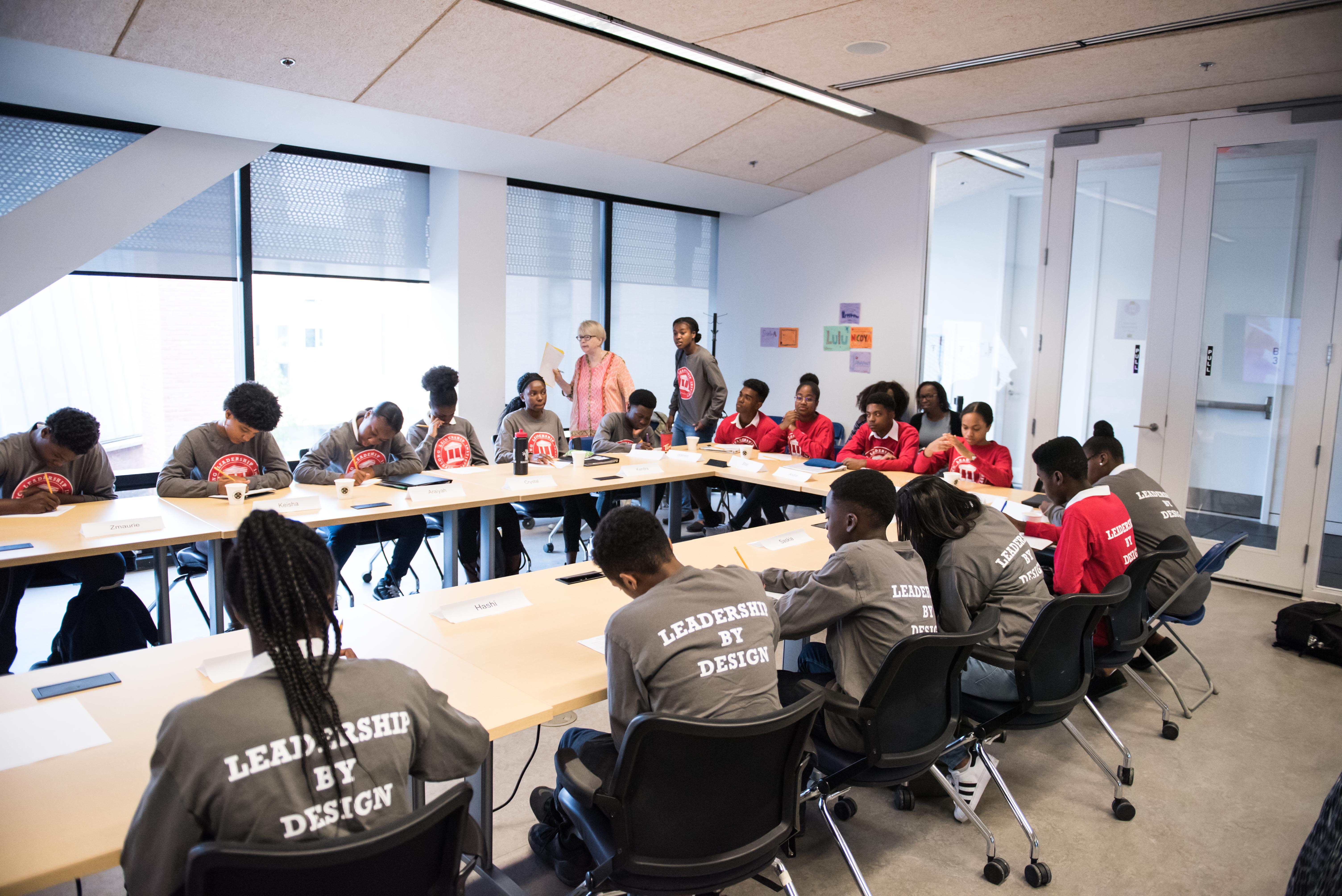
Dr. Samuels recognizes the impact that proper writing skills and confidence in those skills can have on a student’s future. That’s why she and her colleagues didn’t hesitate to volunteer their time to put on the workshop. “Learning to write effectively helps students to think more clearly and encourages engaged citizenship,” said Dr. Samuels. “Our world needs young people who can think clearly and communicate, not only in school, but in our communities and on national and international platforms. Teaching students to write is our way of contributing to the development of these leaders.”
